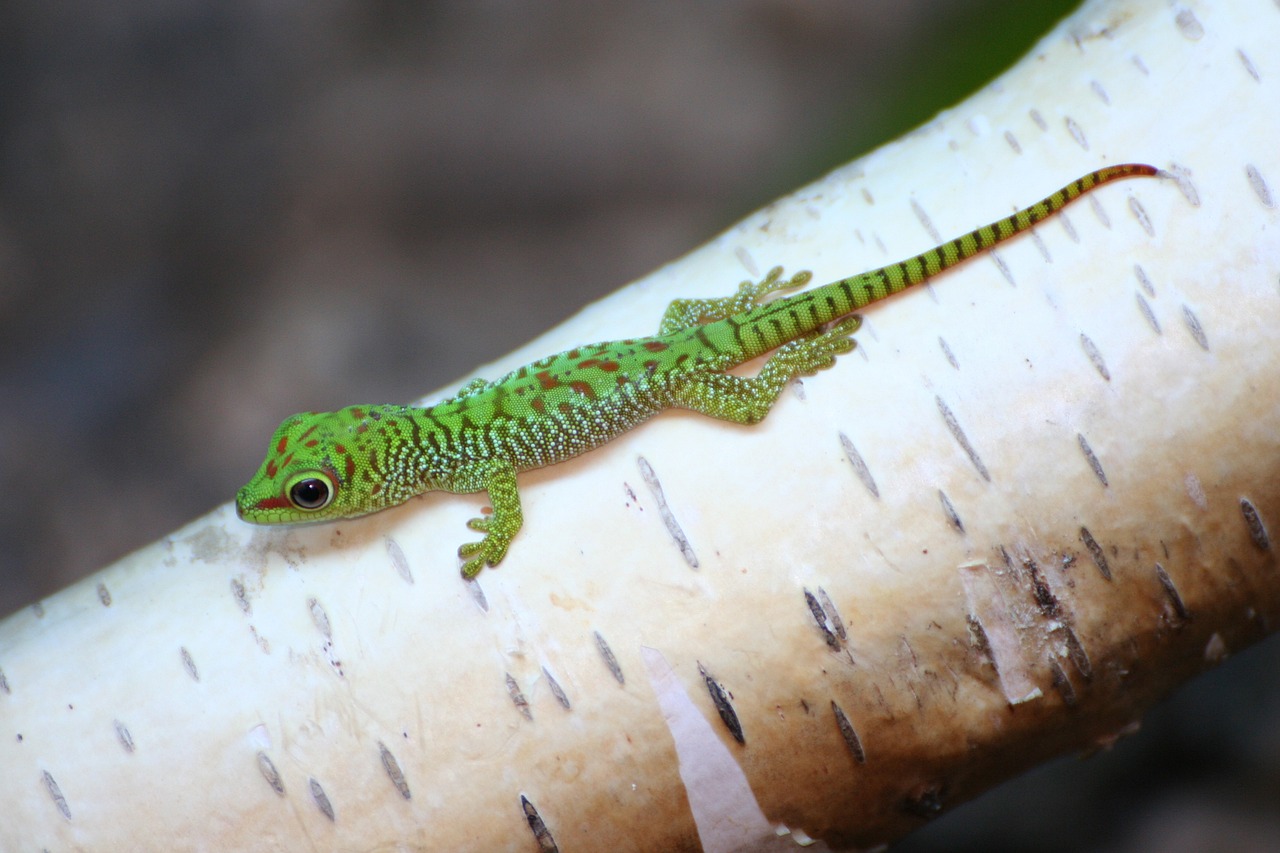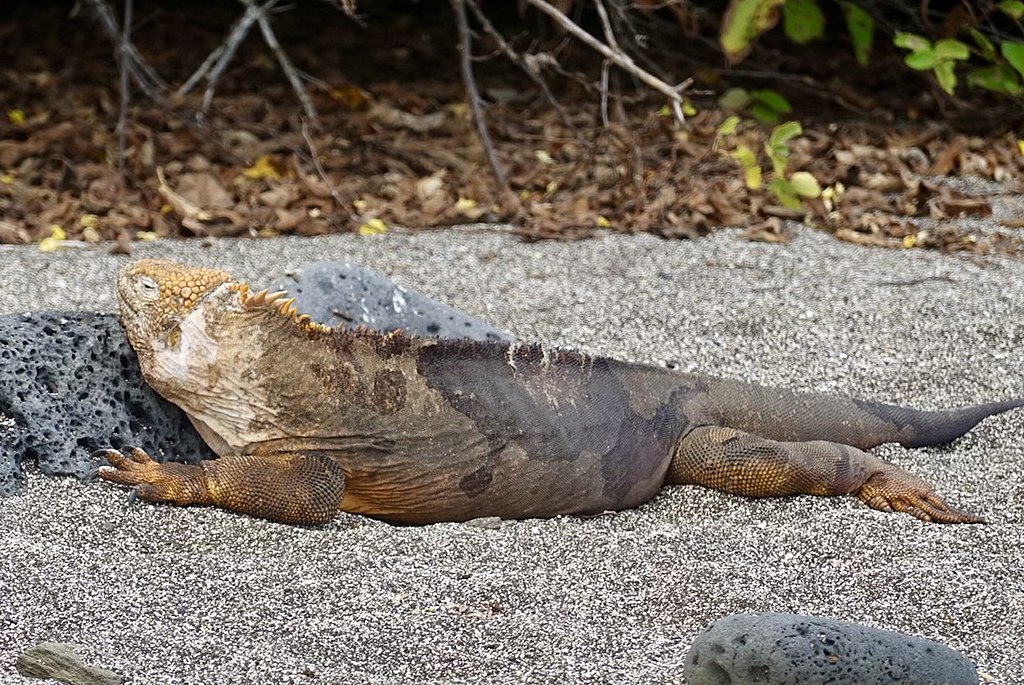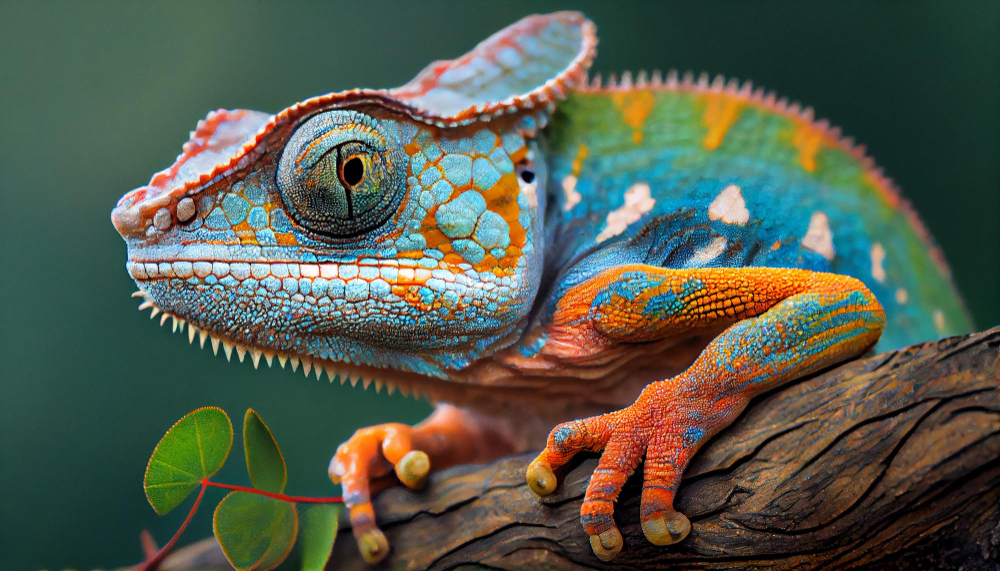If you are a lizard owner or planning to become one, you must know about the importance of parental care in lizards. Lizards are fascinating creatures that require proper care and attention, especially during the early stages of their life. In this article, we will discuss seven proven tips for lizard parental care that will ensure the health and safety of your pet.
Table of Contents
- What is parental care in lizards?
- Why is parental care important for lizards?
- How do male and female lizards differ in parental care?
- What are the best practices for providing parental care to lizard hatchlings?
- How to ensure the safety of lizard hatchlings during parental care?
- What are the common mistakes to avoid in lizard parental care?
- Expert Advice
What is parental care in lizards?
Parental care in lizards refers to the behavior of adult lizards towards their offspring. This behavior includes providing food, protection, and warmth to the hatchlings. In some lizard species, both the male and female lizards take care of the hatchlings, while in others, only the female takes care of them.
Why is parental care important for lizards?
Parental care is essential for the survival of lizard hatchlings. Lizard hatchlings are vulnerable to predators and environmental factors like temperature and humidity. Proper parental care ensures that the hatchlings get enough food, warmth, and protection from predators and unfavorable environmental conditions.
Additionally, proper parental care also ensures the healthy growth and development of the hatchlings. Lack of parental care can lead to stunted growth, malnutrition, and other health issues.
How do male and female lizards differ in parental care?
In some lizard species, both male and female lizards take care of the hatchlings, while in others, only the female takes care of them. Male lizards may help in protecting the hatchlings, but they are not involved in providing food or warmth. Female lizards, on the other hand, provide food, warmth, and protection to the hatchlings.
What are the best practices for providing parental care to lizard hatchlings?
Here are some best practices for providing parental care to lizard hatchlings:
- Provide a suitable habitat: The habitat should have proper temperature, humidity, and lighting conditions suitable for the lizard species.
- Provide food: The hatchlings should be fed a diet suitable for their species. Some lizards may require live insects as food.
- Provide water: The hatchlings should have access to clean, fresh water at all times.
- Monitor the hatchlings: Regularly check on the hatchlings to ensure that they are healthy and growing properly.
- Handle with care: Lizard hatchlings are delicate and should be handled with care to avoid injury.
How to ensure the safety of lizard hatchlings during parental care?
Here are some tips to ensure the safety of lizard hatchlings during parental care:
- Protect from predators: The habitat should be secure and protected from predators like cats and birds.
- Provide hiding places: The hatchlings should have hiding places in the habitat to avoid stress and to feel secure.
- Monitor temperature and humidity: Sudden changes in temperature and humidity can be harmful to lizard hatchlings. Monitor these conditions closely.
- Keep the habitat clean: Clean the habitat regularly to prevent the hatchlings from getting sick due to a dirty environment.
What are the common mistakes to avoid in lizard parental care?
Here are some common mistakes to avoid in lizard parental care:
- Overfeeding: Overfeeding can lead to obesity and other health issues in lizard hatchlings.
- Underfeeding: Underfeeding can lead to malnutrition and stunted growth in lizard hatchlings.
- Wrong temperature and humidity: Incorrect temperature and humidity can lead to health issues and even death in lizard hatchlings.
- Handling too much: Handling lizard hatchlings too much can cause stress and lead to health issues.
Expert Advice
According to lizard experts, it is essential to research the specific needs of your lizard species before providing parental care. Each species has unique requirements for temperature, humidity, diet, and other factors.
Additionally, it is crucial to monitor the hatchlings closely and seek veterinary care if you notice any signs of illness or health issues.
Providing proper care to lizard hatchlings requires dedication and attention to detail, but it is rewarding to see the hatchlings grow healthy and strong.
Frequently Asked Questions about parental care in lizards
What is the importance of parental care in lizards?
Parental care is crucial for the survival and healthy growth of lizard hatchlings. It ensures that the hatchlings get enough food, warmth, and protection from predators and unfavorable environmental conditions.
What are the best practices for providing parental care to lizard hatchlings?
The best practices for providing care to lizard hatchlings include providing a suitable habitat, food, water, monitoring the hatchlings, and handling them with care.
How do male and female lizards differ in parental care?
In some lizard species, both male and female lizards take care of the hatchlings, while in others, only the female takes care of them. Male lizards may help in protecting the hatchlings, but they are not involved in providing food or warmth. Female lizards provide food, warmth, and protection to the hatchlings.
What are the common mistakes to avoid in parental care?
The common mistakes to avoid in parental care include overfeeding, underfeeding, incorrect temperature and humidity, and handling too much.



